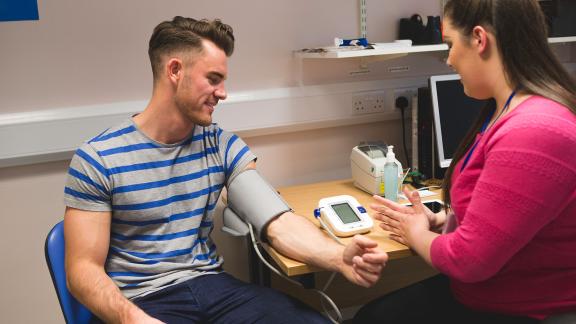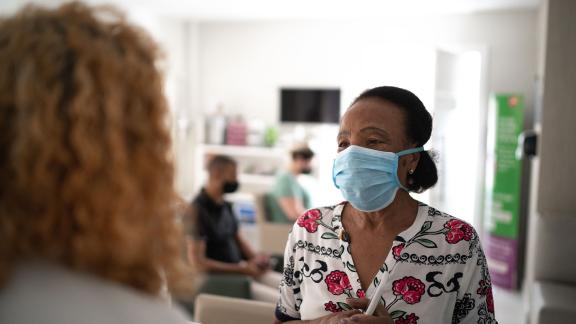Primary care networks: two years on

Despite still being in their infancy, primary care networks (PCN) have played a leading role in England’s response to COVID-19. Two years on from their creation, and approaching the mid-point of their five-year contract, this report considers their progress and successes so far, the challenges they have faced and the opportunities that lie ahead with the move to greater system working.
This report is based on a series of engagement sessions, hosted by the PCN Network, and a survey of more than 150 PCN clinical directors and PCN managers. It sets out the key themes from this engagement, alongside a look ahead to the future of PCNs. It also outlines some principles to guide the development of PCNs and key areas for improvement within the network contract DES, followed by opportunities for PCNs in ICSs.
Key points
- Despite still being in their infancy, primary care networks (PCN) have played a leading role in England’s response to COVID-19. Just two years on from their creation, they have risen to the challenges presented by the pandemic, administering the majority of vaccinations, reaching out to underserved communities and making headway against their objective to tackle health inequalities.
- Overall, the picture is one of progress, with high levels of enthusiasm for PCNs remaining despite the challenges posed by a high workload and reacting to COVID-19. PCNs’ profile has increased, leading to greater awareness of the services they offer; relationships with local partners have been strengthened; workforce development has been evident in increased numbers, leadership capability and retention; and PCNs are developing creative ways to reach underserved communities, tackle health inequalities and manage population health.
- Challenges remain. More than nine in ten survey respondents said their workload was greater than expected, with the consistently high workload derailing PCNs’ existing and planned work programmes. New service specifications are causing confusion over the purpose of PCNs, while a lack of consistent infrastructure was seen as hindering progress. Tensions were also identified with some local partners.
- Our one year on report, released in July 2020, identified three principles for NHS England and NHS Improvement to consider when developing PCN policy, accompanied by a set of asks. They centred on PCNs having autonomy over their resources and influence over policies determining their future, as well as within ICSs; a flexible approach to be factored into their development; and for the shift towards ICSs to be accompanied by streamlined processes for PCNs.
- These principles have informed PCN policy over the past year, especially with regards to the health and care bill and ICS guidance. While the 2021/22 network contract DES addressed some of the asks, they have not been resolved fully and remain relevant. We encourage NHSEI to use these principles to underpin the development of PCN policy and all policies that impact PCNs.
- Through continuing engagement with clinical directors and PCN managers, we will develop specific asks for the 2022/23 network contract DES in the autumn, relating to workload management; funding for PCN leadership and management; certainty around funding streams and contractual arrangements; and consistent and streamlined processes.



